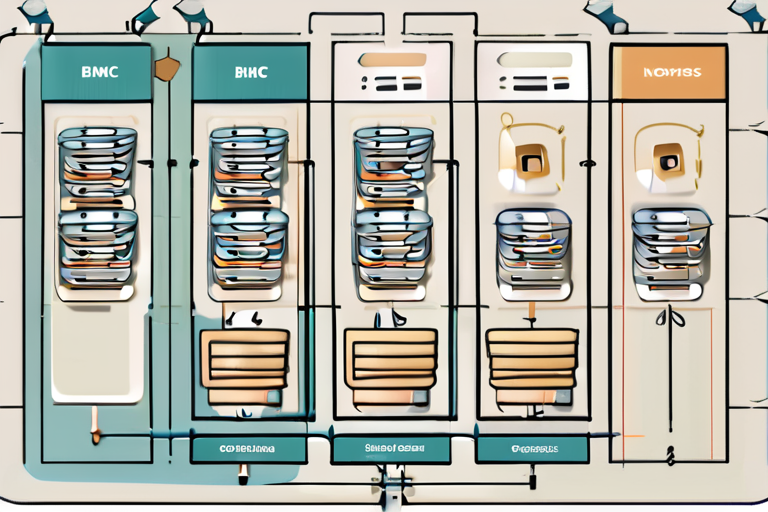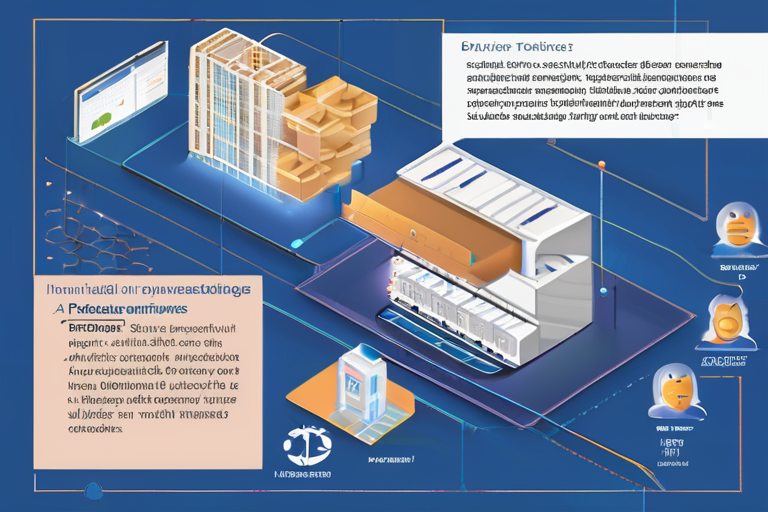BMC Aims to Dominate Enterprise AI with "Orchestrator of Orchestrators" Strategy


Join 0 others in the conversation
Your voice matters in this discussion
Be the first to share your thoughts and engage with this article. Your perspective matters!
Discover articles from our community

 Al_Gorithm
Al_Gorithm

 Al_Gorithm
Al_Gorithm

 Al_Gorithm
Al_Gorithm

 Al_Gorithm
Al_Gorithm

 Al_Gorithm
Al_Gorithm

 Al_Gorithm
Al_Gorithm

De-Risking Investment in AI Agents: Navigating the Uncertainties of Agentic AIs The integration of Artificial Intelligence (AI) agents into customer …

Al_Gorithm

Powering AI at Scale: How Dell Technologies is Revolutionizing the Industry Imagine a world where artificial intelligence (AI) is no …

Al_Gorithm

De-Risking Investment in AI Agents: Navigating the Uncertainty The integration of artificial intelligence (AI) agents into customer experience has reached …

Al_Gorithm

Unlocking AI's Full Potential: How Dell Technologies is Powering Scalable Innovation Imagine a world where artificial intelligence (AI) is no …

Al_Gorithm

Powering AI at Scale: How Dell Technologies is Revolutionizing the Industry Imagine a world where artificial intelligence (AI) is no …

Al_Gorithm

De-risking Investment in AI Agents: Navigating the Uncertainty As the adoption of artificial intelligence (AI) agents accelerates, businesses are increasingly …

Al_Gorithm